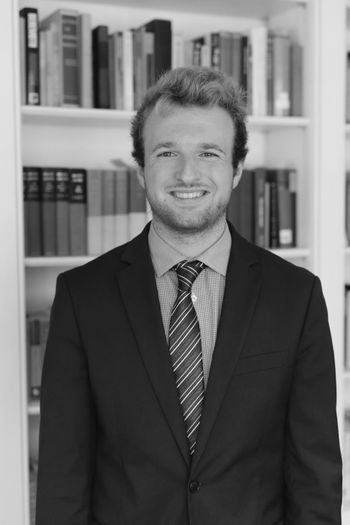University of Wisconsin–Madison offers ‘framing fatness’ course focusing on intersectionality
The course examines ‘various aspects of identity politics and body politics such as gender, race, ethnicity, sexuality, ability, and citizenship status as they relate to and intersect with body size and constructions of fatness.’
The professor’s work focuses on ‘body politics, girlhood studies, digital sociology, fat studies, feminist theories, and feminist pedagogies.’
The University of Wisconsin–Madison is offering a course in the spring semester that focuses on “fatness” and how it relates to intersectionality.
The course, “Framing Fatness: Gender, Size, Constructing Health,” will study fatness as part of intersectionality, a social theory that suggests that different forms of oppression intersect with one another.
The course examines “various aspects of identity politics and body politics such as gender, race, ethnicity, sexuality, ability, and citizenship status as they relate to and intersect with body size and constructions of fatness,” and adopts “a critical approach in understanding fatness and body size as dimensions of difference that inform experiences of privilege and oppression,” according to the university’s course description.
Students will also study how obesity “intersects with other systems like big pharma, the food industry, beauty industry, globalization, neoliberalism, and consumerism.”
The class appears on a spring semester course list for the university’s Gender and Women’s Studies Department.
[RELATED: Northwestern University bans fat jokes]
The course will also attempt to understand “how fatness has been conceptualized over time,” and “how fat individuals experience the social world.” It will also explore the history of “gendered body ideals” and “the proliferation of obesity rhetoric.”
Katherine Phelps, a teaching faculty member who uses the pronouns “she/they,” is the professor for the course. She teaches “body politics, feminist theory, fat studies, food politics, global health, and survey courses,” and her work also focuses on “body politics, girlhood studies, digital sociology, fat studies, feminist theories, and feminist pedagogies.”
This is not the first time Phelps has offered “Framing Fatness,” which she taught in the summer semester of 2024.
In April, Phelps participated as a guest lecturer at the Wisconsin Union at an event focusing on how “[a]nti-fat bias is rooted in misconceptions around weight gain and loss and is perpetuated almost ubiquitously.”
[RELATED: ‘Fat Fashion’ course coming to New School next semester]
Phelps teaches other courses at the university, including: “Gender, Women, and Society in Global Perspective,” “Food for Thought: An Intersectional Approach,” “The Female Body in the World: Body Politics in Cross Cultural Perspective,” and “From Past Feminisms to Postfeminism: Feminism for the 21st Century.”
Harvard University and the University of Maryland at Baltimore also offer college courses studying fatness through the lens of identity politics and social justice.
Campus Reform contacted the University of Wisconsin at Madison, the Gender and Women’s Studies Department, and Katherine Phelps for comment. This story will be updated accordingly.

